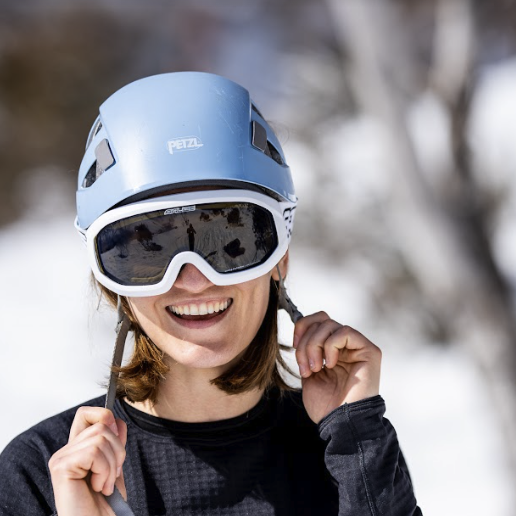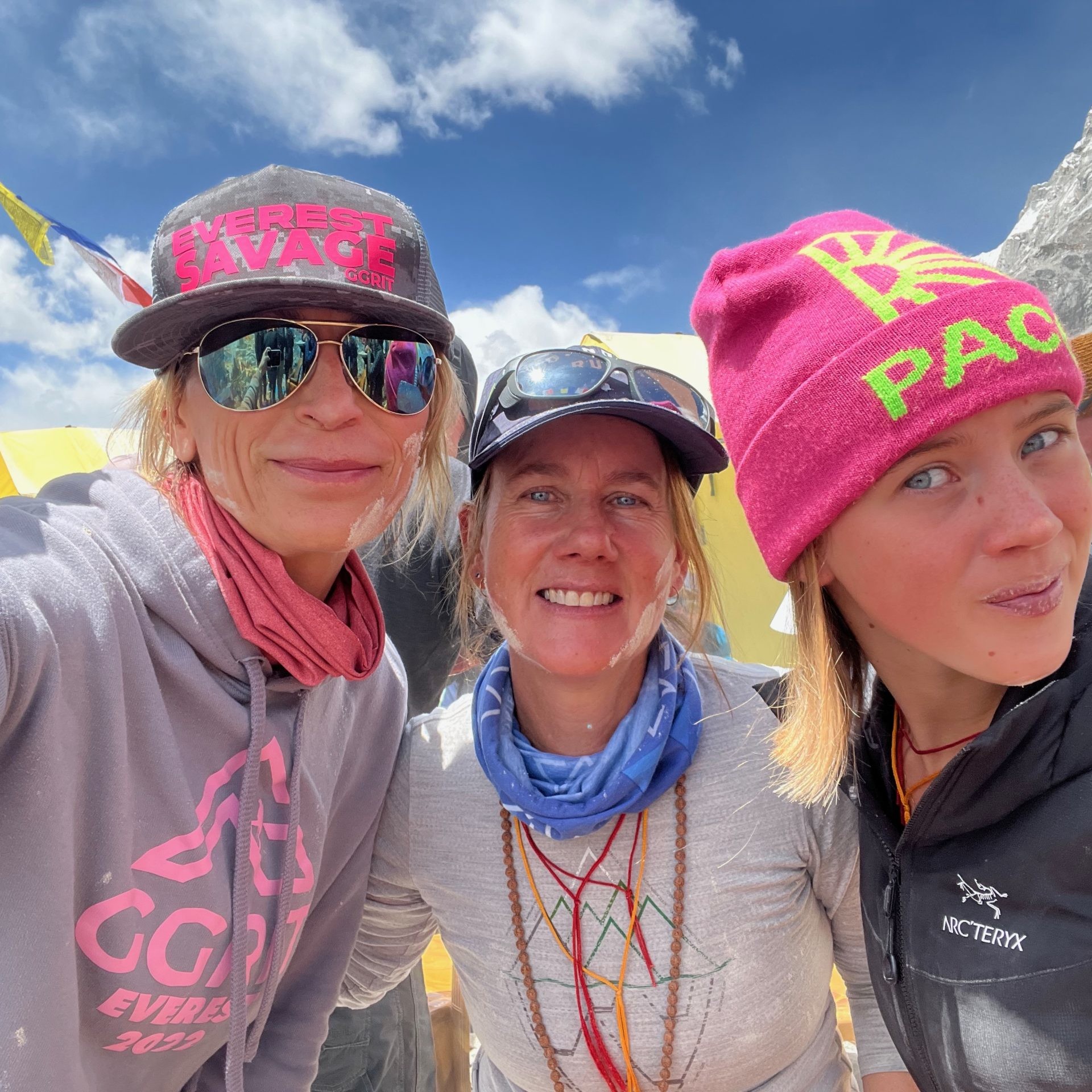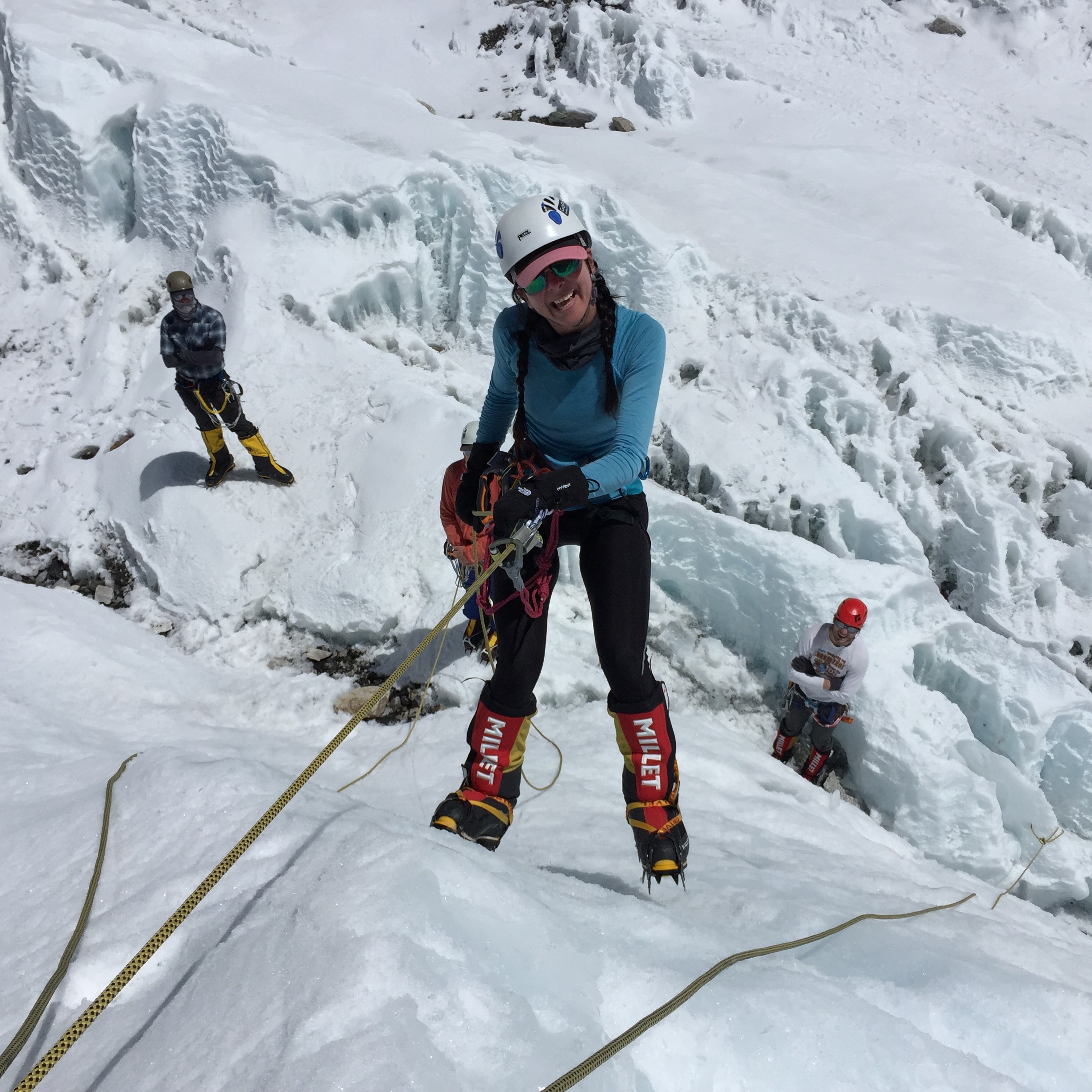Women in the Big Mountains
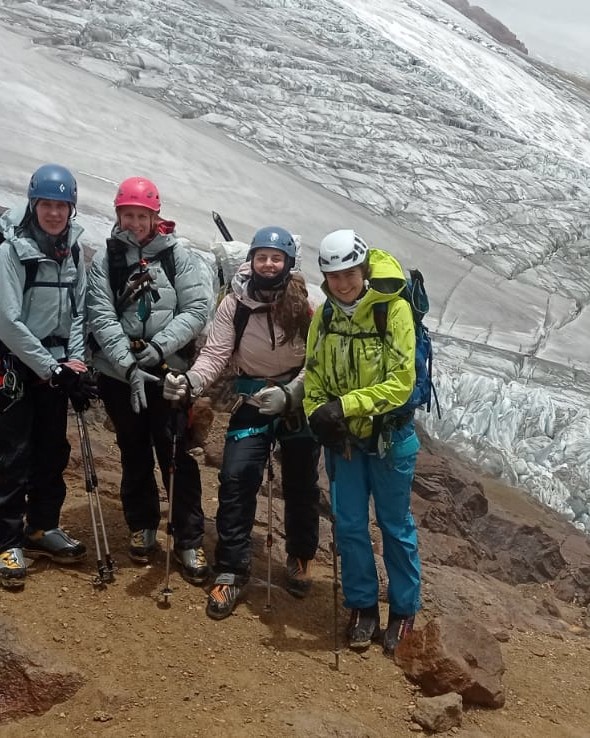
In light of the recent article by the New York Times piece, For Female Climbers, Dangers Go Beyond Avalanches and Storms, we want to talk about women in the big mountains.
First, the team at Climbing the Seven Summits (CTSS) wants to acknowledge that women face an unprecedented level of risk and uncertainty regarding sexual harassment and abuse in the big mountains and within the climbing community as a whole.
We want every woman to know that CTSS hears you, sees you, believes you, and supports you.
When it comes to the great outdoors, very few women haven’t experienced some level of microaggressions, harassment, and/or abuse from their male counterparts. This is why CTSS also wants to highlight the tangible efforts made by our team to help make the mountains a safer and more welcoming place for all women.
As a company, we strive to understand the reality of what women experience in the greater climbing community, and we do this by learning from our own experiences (CTSS is proud to have a strong female presence) and listening to other women. By continually learning, listening, and seeking more knowledge, we will continue to shape and evolve our own expeditions, summit teams, guiding teams, and internal policies to support all women who step foot on the mountain. It’s our hope that by having these conversations and paying attention to what’s happening (as opposed to sweeping it under the rug or using the dreaded “boys will be boys” phrase) that, CTSS will continue to be on the side of history that holds the entire outdoor industry to new and most certainly a better standard.
Imbalance of Power
Similar to the power imbalance that happens between a doctor and patient or a professor and student, there can also be a power imbalance between a client and a guide. This imbalance is painfully evident in the allegations detailed in the article above. There is no doubt that a client who spends $60,000 on an expedition to the summit of Mount Everest is in the hands and subject to the goodwill of their guide. The client has good reason to want to make their guide happy—they paid big money; if their guide is upset or angry, it could risk the entire expedition, and their survival and safety are quite literally in the hands of the guide. For women, pairing that with unclear or non-existent regulations within an expedition company or a country regarding sexual harassment and abuse means that some guides take advantage of this. Women are often left without many options to advocate for themselves in these situations.
Because of this imbalance in the big mountains, CTSS has taken a number of proactive steps to ensure the safety and comfort of all of our female climbers and push the mountaineering world toward a new way of supporting female clients. We recognize that women have a unique set of needs that need to be met with compassion and understanding in the climbing industry.
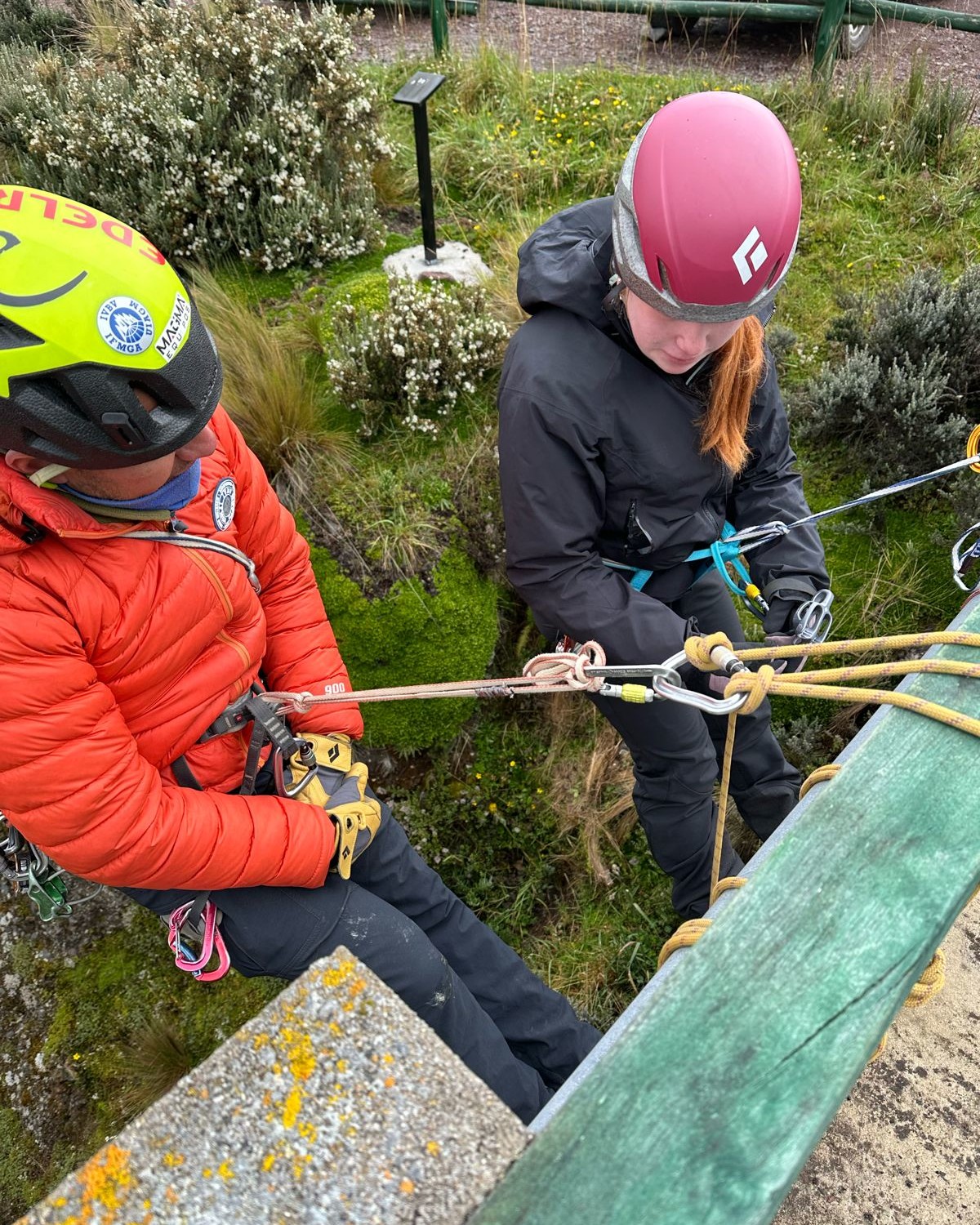
How CTSS Supports Women
Climbing the Seven Summits is proud to support women climbers in the following ways:
- CTSS is 50% women-owned and operated, and our Program Management team is 100% women-operated. This means that any women who join our expeditions will more than likely be met with another woman on the other side of their email or phone call. We know that starting on the right foot with our one-to-one communication style helps put women climbers at ease.
- Our Guide team is 20% women-led, and we are actively working to recruit more female guides. All of our guides at CTSS sign our Guide Code of Conduct & Ethics, which includes clauses on physical and emotional safety as well as harassment, intimidation, and abuse. In addition, all climbers sign a CTSS Code of Conduct, which also includes clauses on physical and emotional safety, as well as harassment, intimidation, and abuse. Both Codes of Conduct provide climbers and guides a clear pathway for submitting and reporting any behavior that violates these policies to the CTSS team. Any climber or guide found in violation of the CTSS Code of Conduct will be expelled from the expedition and/or barred from future expeditions.
- CTSS offers both of our introductory mountaineering skills courses in an all-women’s format, including our Mount Baker and Australian Alpine Academies. We know that being in a safe space of like-minded people is empowering, and we want all women to have this opportunity, which is why we’ve partnered with AWExpeditions, an all-female mountaineering company, to help provide guidance and support for our women-centric climbs.
- All CTSS female clients receive a Female Client Considerations document when they join an expedition team. In addition, we have a section on our website devoted to considerations for women in the big mountains. We want to talk about and share resources that dive into the things that most guiding companies leave out of their pre-trip packets. Things like periods, pee clothes, and sports bras are just as important as your ice axe and helmet.
- CTSS has a firm No D*ckheads Policy. We use this policy to assess and vet all members of every expedition. Through our experiences in the mountains, we know that summiting a peak requires more than just physical fitness. It also demands enormous mental strength, commitment, and, most importantly, deep humility. We believe that our success in the mountains is directly attributed to the time we spend getting to know each climber as well as our hand picked staff that exemplifies the type of character, work ethic, and humility we hold our expeditions to.
- As of 2024, CTSS is close to reaching 50% female clientele on each expedition. Our past female climbers have felt the positive impacts of the environment we choose to uphold on all of our expeditions, including Meghan Buchanan, who completed her quest to summit all Seven Summits last year. Check out Meghan's testimonial here.
Final Thoughts
Here at CTSS, we know that there are many ways to support female climbers, and we are just hitting the tip of the iceberg as a company. To all women, far and wide, it’s our promise to continue listening, learning, and doing more to support all of you on your mountaineering journey. To the outdoor industry, we hope that you will join us in celebrating and uplifting women in the big mountains.
